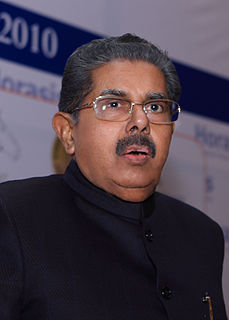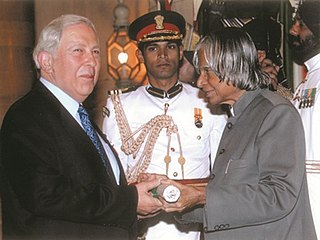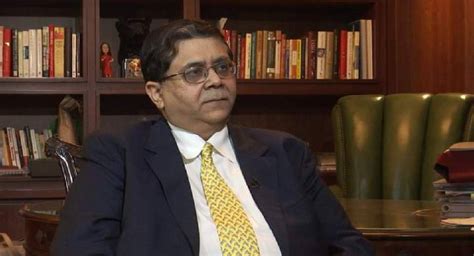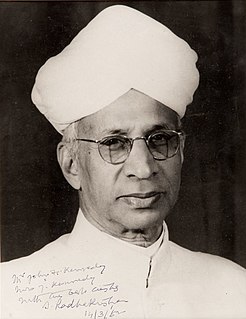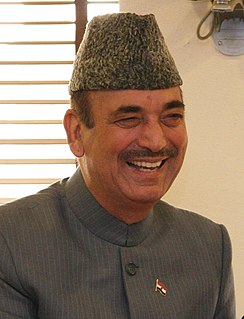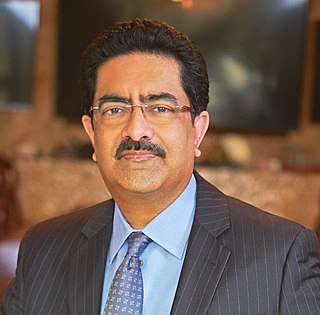A Quote by Kapil Sibal
To fix India's healthcare scenario, what is most needed is 'systems thinking.' For far too long, India has followed a vertical approach in its health sector, which translated into disease-specific national programmes being set up.
Related Quotes
In 'Purab Aur Paschim,' there's one of the nicer patriotic scenes which is patriotic without going jingoistic. There's a scene set in a rotating restaurant, where Pran, who has left India, is completely running India down and Manoj Kumar is taking up for India. And there's that song 'Jab Zero Diya.'
There are really at least two Indias, there is an India or a shining India the one which the west seas usually through urbanize and there is an India outside some of the big metro policies and in even the tier two cities and in rural India which is completely different. It goes by the name of Bahar which is a traditional name for India.
If I was asked what is the greatest treasure which India possesses and what is her finest heritage, I would answer unhesitatingly that it is the Samskrit language and literature and all that it contains. This is a magnificent inheritance and so long as this endures and influences the life of our people, so long will the basic genius of India continue. If our race forgot the Buddha, the Upanishads and the great epics (Ramayana and Mahabharata), India would cease to be India .
Homeopathy did not merely seek to cure a disease but treated a disease as a sign of disorder of the whole human organism. This was also recognized in the Upanishad which spoke of human organs as combination of body mind and spirit. Homoeopathy would pay an important part in the Public Health of the country along with other systems. Medical facilities in India are so scanty that Homoeopathy can confidently visualize a vast field of expansion.
When we think of India, most of us are in fact thinking of Rajasthan, that large splotch of dun-colored desert in the country's northwest which, from the seventeenth through the nineteenth centuries, was ruled by a succession of maharajas whose sense of color, opulence, and splendor created the most enduring images of India in the West.
One hundred years from now, I expect the Tatas to be much bigger than it is now. More importantly, I hope the Group comes to be regarded as being the best in India.. best in the manner in which we operate, best in the products we deliver, and best in our value systems and ethics. Having said that, I hope that a hundred years from now we will spread our wings far beyond India.
Here in India, it is religion that forms the very core of the national heart. It is the backbone, the bed-rock, the foundation upon which the national edifice has been built. Politics, power, and even intellect form a secondary consideration here. Religion, therefore, is the one consideration in India.

